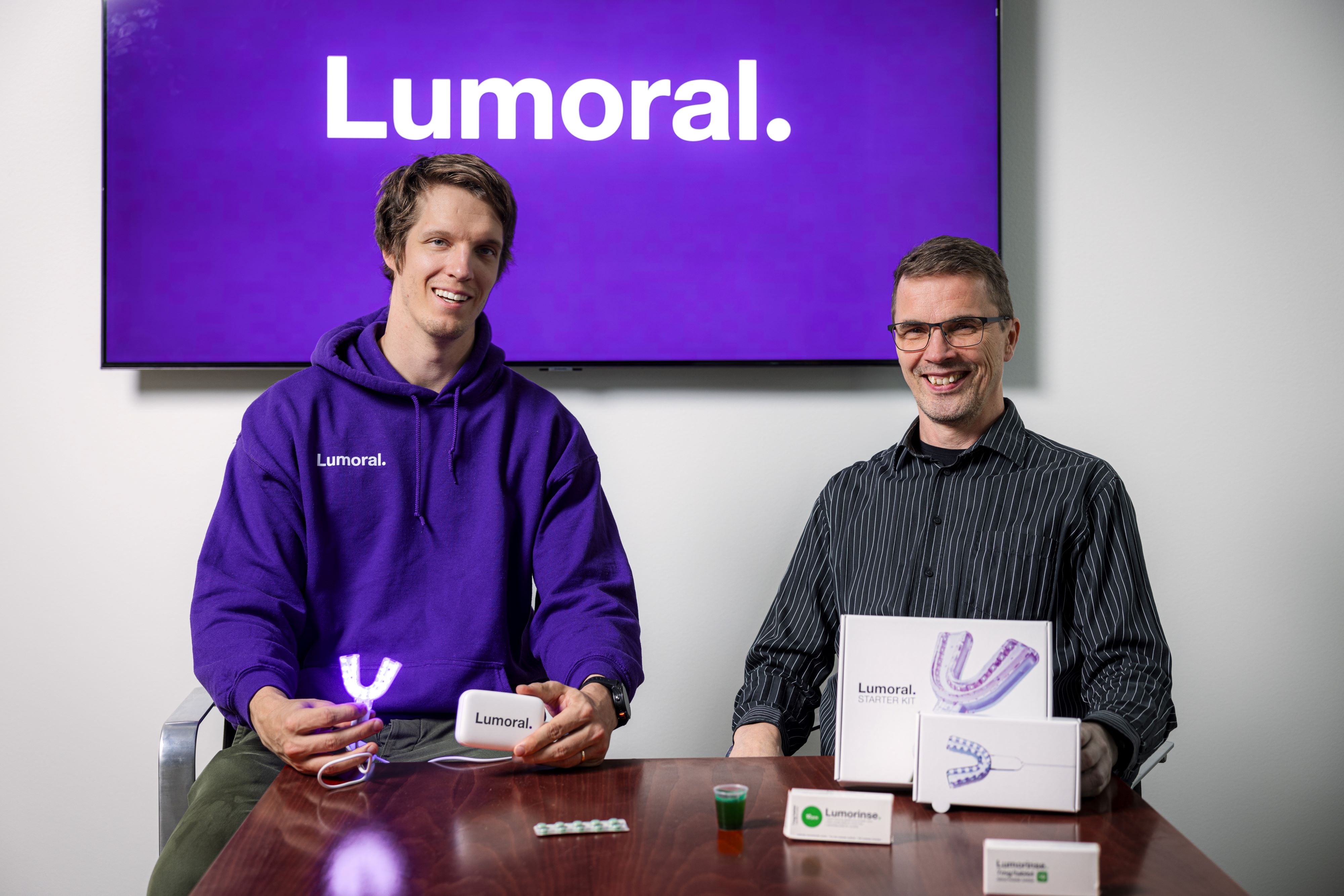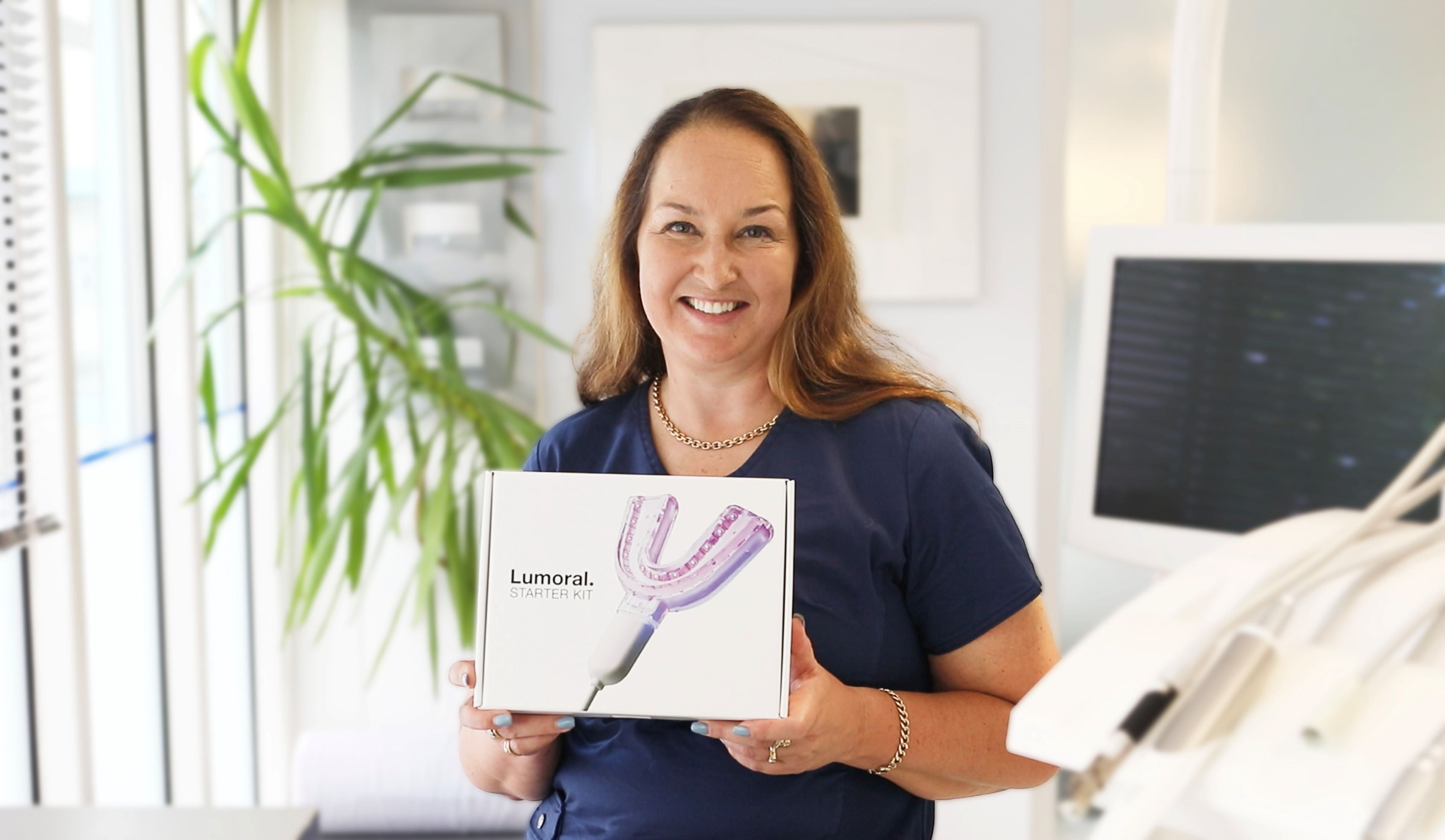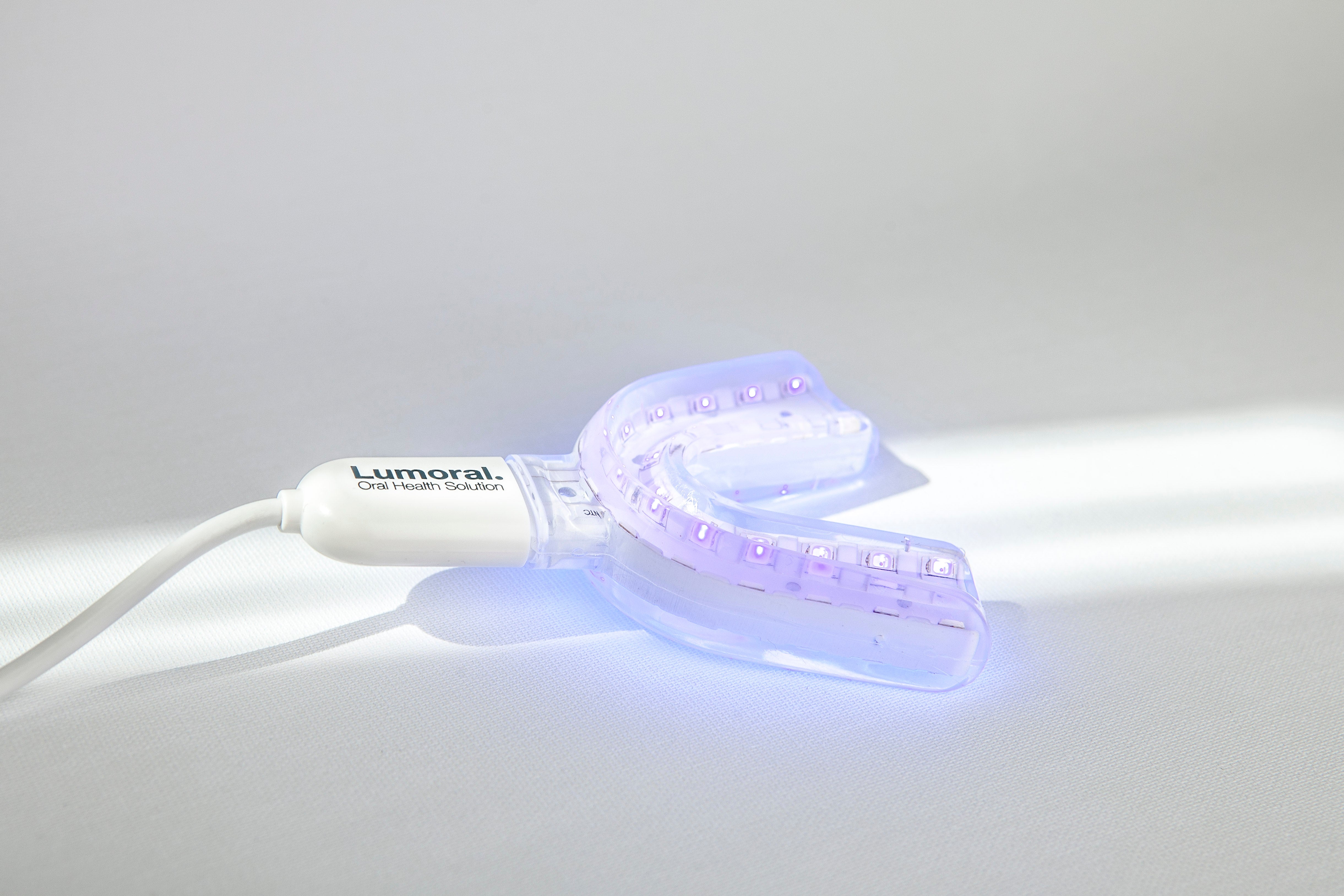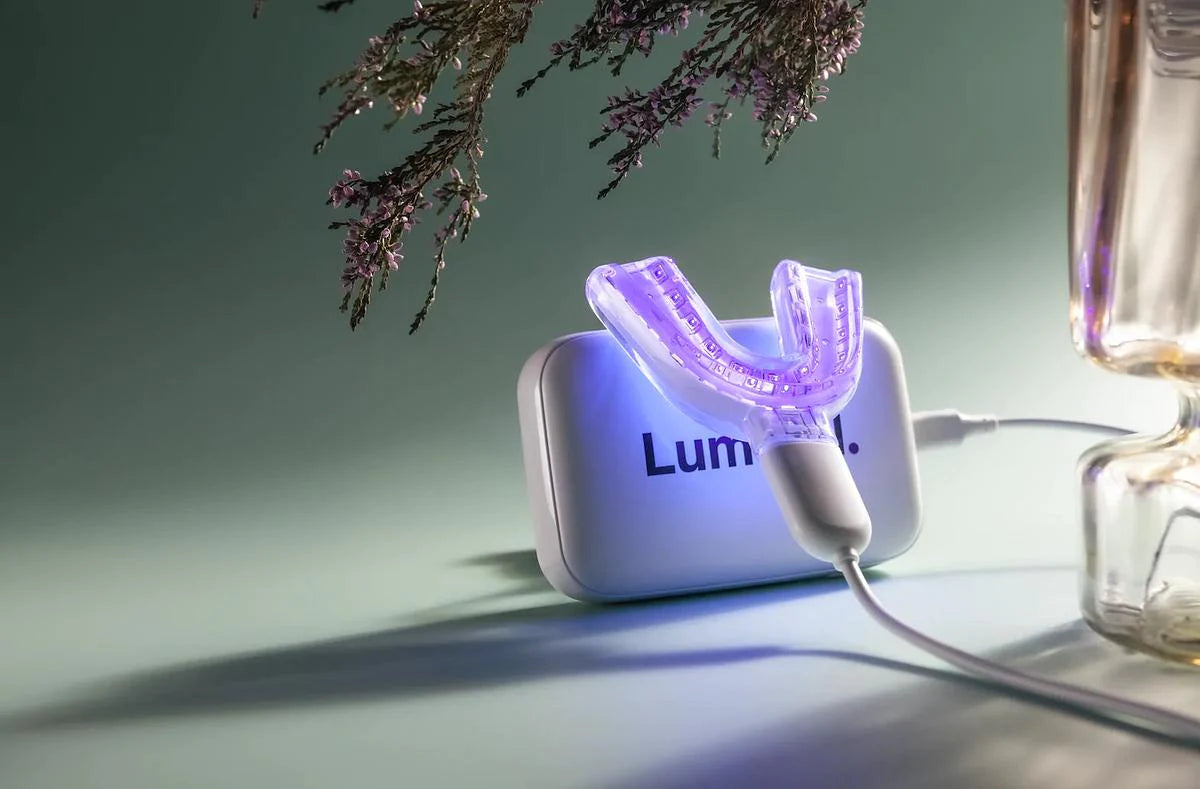- All posts
- 8 Media Venture
- althetics
- aMMP8
- Annimari Korte
- Antibiotic resistance
- Apotek Härtat
- Aqua Dental
- athlete
- Award
- Baltics
- Bonnier
- Bonnier News
- Brain health
- Business
- Cancer
- cardiovascular disease
- caries
- Chemo therapy
- children
- collaboration agreement
- Croatia
- Denmark
- Denta
- Dental erosion
- Dentex
- diabetes
- Dual Light
- Duodecim
- EFP
- EFR
- Estonia
- EuroPerio
- event
- Expodental
- FIBO
- fund raising
- general health
- Gingivitis
- Gum disease
- HAP
- HealthHub Pharma
- HIDES
- Hospital infections
- hospital-acquired pneumonia
- IBD
- Iceland
- IDS COLOGNE
- implantology
- invest
- investment
- italy
- Koite Health
- Latvia
- Lithuania
- lumoral
- Lumoral App
- Lumoral Junior
- Maritime industry
- Media
- MegaGen
- Movie
- News
- Nordic markets
- Nordics
- O
- Olympics
- Oral health
- Oral hygiene
- Oral mucositis
- Patent
- PDT
- peri-implantitis
- Perio Master Clinic
- Periodontitis
- periodontology
- Photodynamic therapy
- Press
- Ranking
- Romania
- Scandinavian Society of Periodontology
- Science
- Seafarer
- Seedtable
- share issue
- Shareissue
- Siblings movie
- Spain
- spots
- Stroke
- Study
- sweden
- Tartar
- techtour
- Thailand
- UK
- United States
- Valentine's Day
- WHO
- World Cancer Day
- World Health Day
- World Heart Day
- world oral health day
- World Smile Day

New advances in periodontitis treatment: Lumoral study makes progress in Lithuania
A promising study is underway in Lithuania to investigate the effectiveness of Lumoral Treatment medical device in treating more severe stages of periodontitis. The study "Regular home-use of dua...

Dental Clinic Albin: Innovative Oral Healthcare in Partnership with Lumoral
Satu and Kai Aalto started working at Albin Dental Clinic in Helsinki in 2003. Both graduated from the University of Helsinki in the 1990s, and before Albin they worked in England and studied laser...

Finnish health tech company Koite Health has signed a distribution agreement with Megagen Iberia, a major player in Spain's dental industry. This partnership aims to revolutionize oral health care ...

World Heart Day 2024: Highlighting the Critical Connection Between Oral Health and Heart Health
World Heart Day, launched by the World Heart Federation (WHF), is celebrated each year on the 29th of September. The global event aims to raise awareness and encourage action for heart health. Card...

Lumoral to be Showcased at at the Scandinavian Society of Periodontology Conference in Visby, Sweden
The Finnish oral health innovation, Lumoral, will be presented at the upcoming Scandinavian Society of Periodontology (ScSP) Conference in Visby, Sweden, from August 22-25, 2024. This conference wi...

HealthHub Pharma to Distribute Lumoral in Poland's Growing Preventive Dental Market
Finnish health technology company Koite Health Oy has signed a distribution agreement with Polish company HealthHub Pharma for its Lumoral oral health enhancing method. The partnership, which comme...